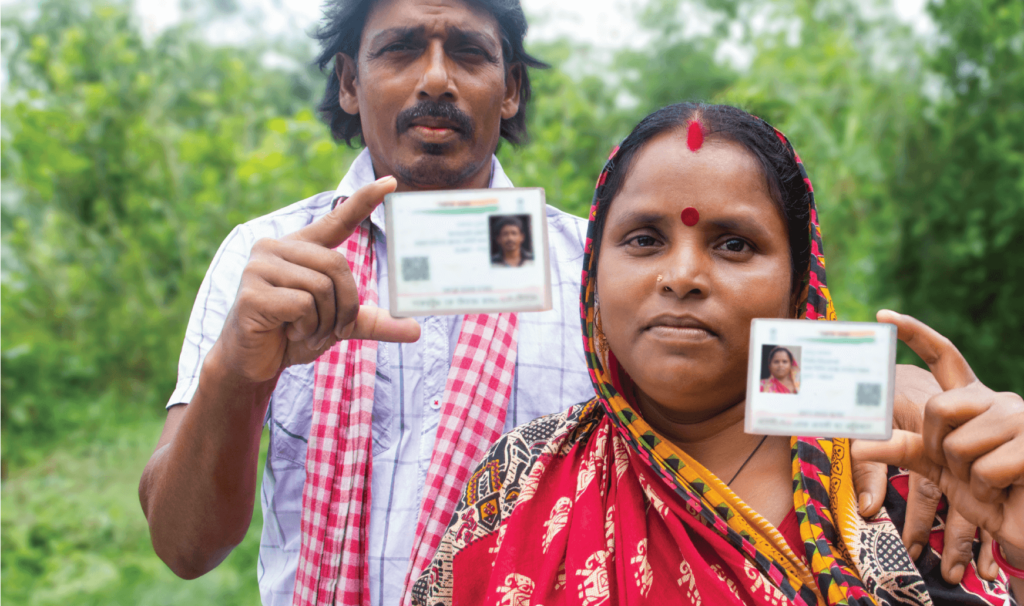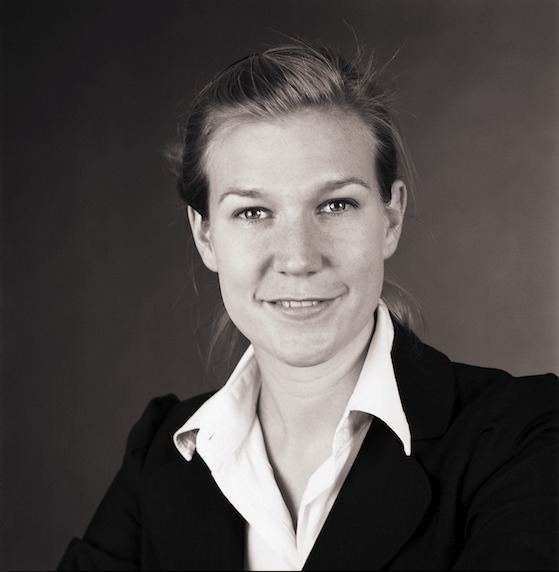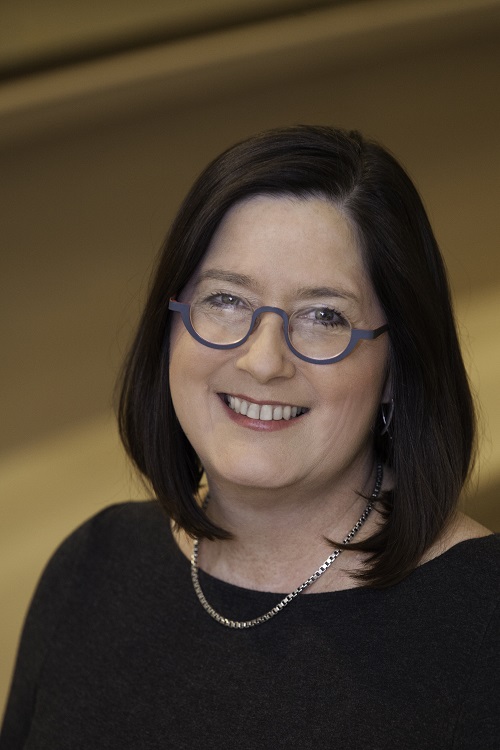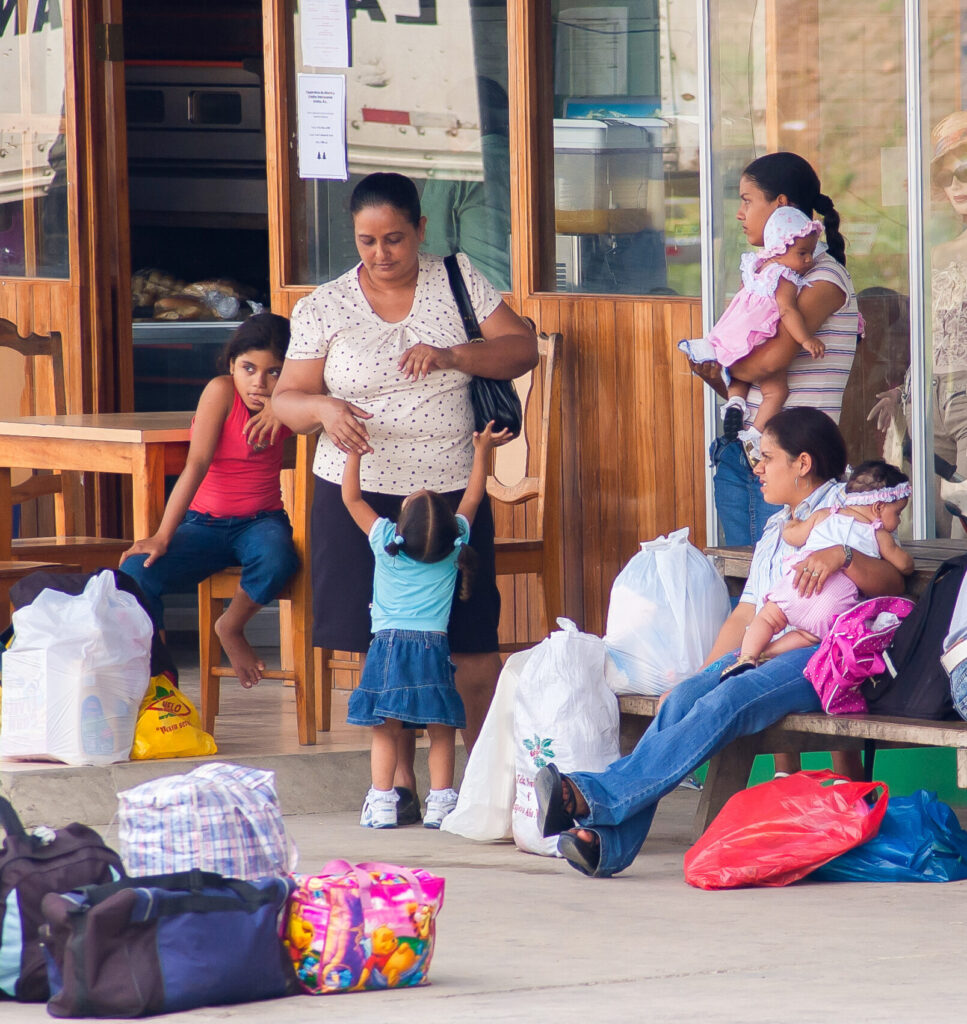
Topics
A woman’s world changes when payments are designed to suit her needs, digitized, and directed into her own account. During the pandemic, however, women were often excluded from receiving humanitarian cash transfers because of a lack of access to basic identification documents. Humanitarian organizations have become key advocates to allow functional IDS — ration cards, refugee ID cards, cards provided by cash transfer programs from organizations like World Food Programme (WFP) — to be recognized as proof of identity. The ability to register a bank or mobile money account has enabled access to humanitarian payments for millions.
This report highlights the benefits of having an ID, the barriers for women in obtaining an ID, and how we can leverage cash transfers to facilitate women’s access.
This series — created in partnership with the World Food Programme (WFP), the Center for Financial Inclusion (CFI), and the Bill & Melinda Gates Foundation — shares how we can improve the design and delivery of digital cash transfers for low-income women.











